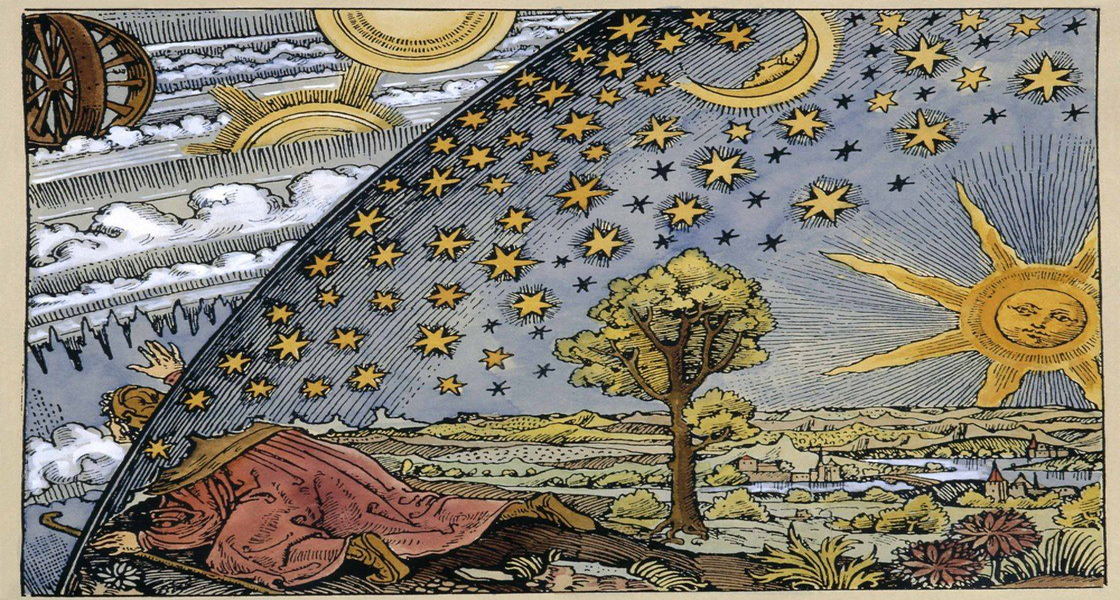
- This event has passed.
From Renaissance to Space Age. Prof. Marie-Luise Heuser presents her research results on the history of space philosophy

Abstract
In the Renaissance period, Giordano Bruno, especially in his work “De Immenso” of 1591, outlined what was probably the first philosophy of space travel. “With the wings of the spirit”, he undertook journeys to the moon and other celestial bodies, conducted thought experiments on planetary perspective, and questioned the reasons for man’s ability to overcome limited horizons. According to him, man’s desire to leave the Earth is founded in man’s dual nature. Although he has a limited body, he has an unlimited mind. Thus, man is a border crosser between the finite and the infinite and can thus transcend boundaries again and again. Giordano Bruno was a minstrel of the universe, in which he assumed an unlimited number of solar systems with living beings. The philosopher of German Idealism and Romanticism, Friedrich Wilhelm Joseph Schelling, took up Bruno’s ideas and wrote in 1844: man is not a local but a universal being. He originated on earth, but he is not there only for the earth. He should rather dwell in the universe. This cosmic anthropology developed in the tradition of philosophy and its possible meaning for the present is the subject of my contribution.
A short bio Dr. phil. Marie-Luise Heuser, philosopher and university lecturer at the Universities of Düsseldorf, Stuttgart, Heidelberg and Braunschweig, most recently at the Institute of Space Systems at the Technical University of Braunschweig. Main research interests are the philosophy of space travel, theories of space since antiquity, philosophy of technology in science fiction, philosophy of nature, metaphysics, ontology and anthropology. Publications:
- Transterrestrik in der Renaissance. Nikolaus von Kues, Giordano Bruno und Johannes Kepler (2008);
- Russischer Kosmismus und extraterrestrischer Suprematismus (2008);
- Space Philosophy (2016);
- Raumontologie und Raumfahrt um 1600 und um 1900 (2016);
- Return to the Moon (2020);
- Husserls Phänomenologie des Fliegens (2020);
- Der Mensch ist nicht nur für die Erde da. Schellings Philosophie des Weltraums (2020)
Follow the livestream on YouTube